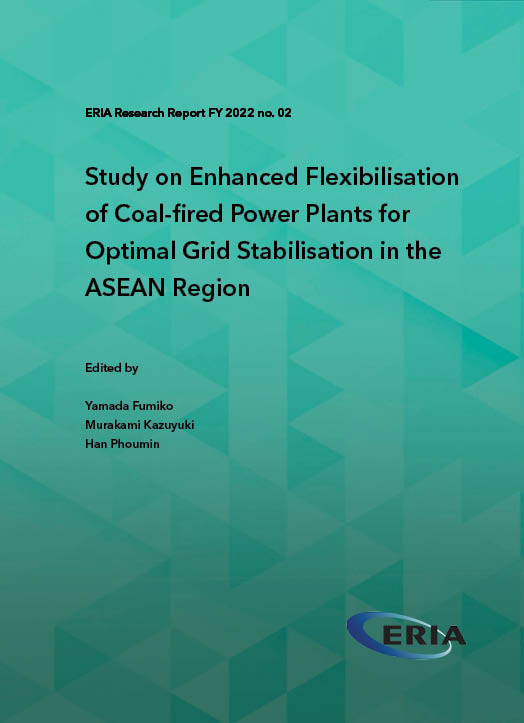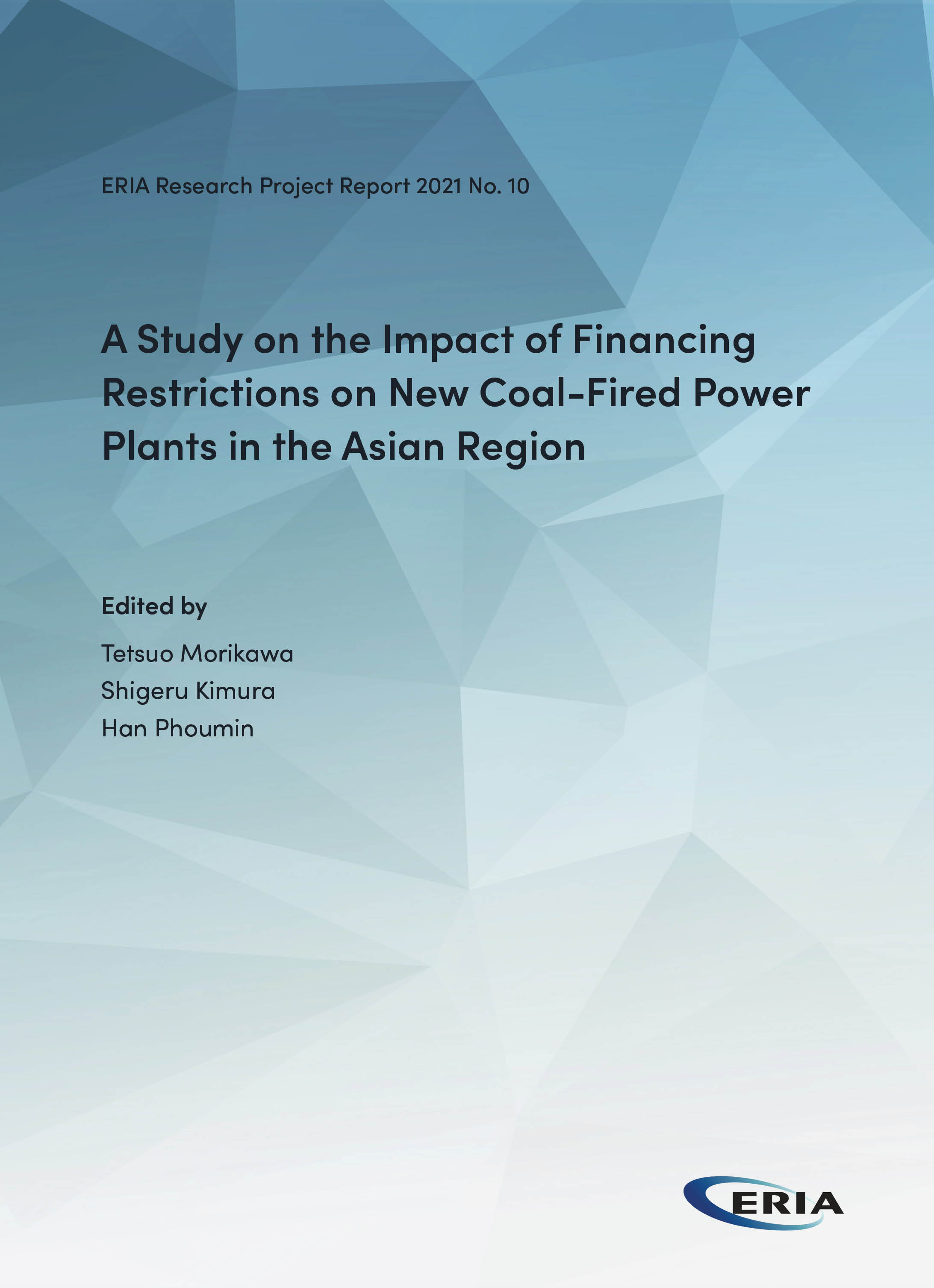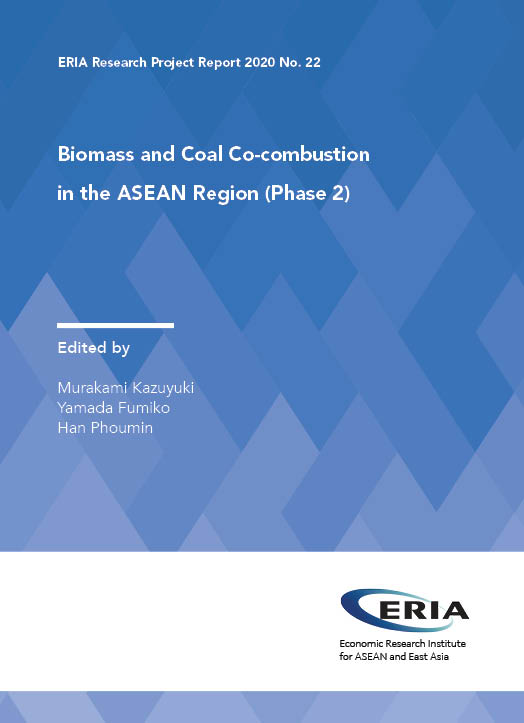Study on Enhanced Flexibilisation of Coal-fired Power Plants for Optimal Grid Stabilisation in the ASEAN Region

Date:
31 May 2022Category:
Indonesia, Malaysia, Philippines, Viet Nam, Energy, Environment and Climate ChangeType:
Research Project ReportsTags:
coal, Energy, Power Grid, Power PlantsPrint Article:
The Association of Southeast Asian Nations (ASEAN) is one of the most dynamic and fastest growing economic regions in the world. The region’s heavy reliance on fossil fuels to meet growing energy demand and economic growth has resulted in a threefold challenge of balancing sustainable economic growth; reducing fossil dependency and emissions; and providing energy affordability, reliability, and security. Renewables will play a big role in the energy mix; However, large share of renewables such as wind and solar which are known asvariable and intermittent energy could post constraint on grid stability. In this regard, their massive introduction will only be succeeded in the context of ASEAN’s energy system if the existing fossil fuel power plants are appropriately controlled and operated with enough flexibilisation. This study suggests best practical measures and technologies that can be applied to coal fired power plants for their flexible, optimal operation. It is hoped the study will contribute to the stabilisation and sustainability of national and trans-national grids, and the minimisation of negative impacts on both the grid and the existing coal-fired power plants from the massive introduction of renewables.
Full Report
Contents
Chapter 1 Background, Objectives, and Methodology of the Study
Chapter 2 Energy Transition Outlook and Best Available Technologies
Chapter 3 By-Country Situation and Perspectives




